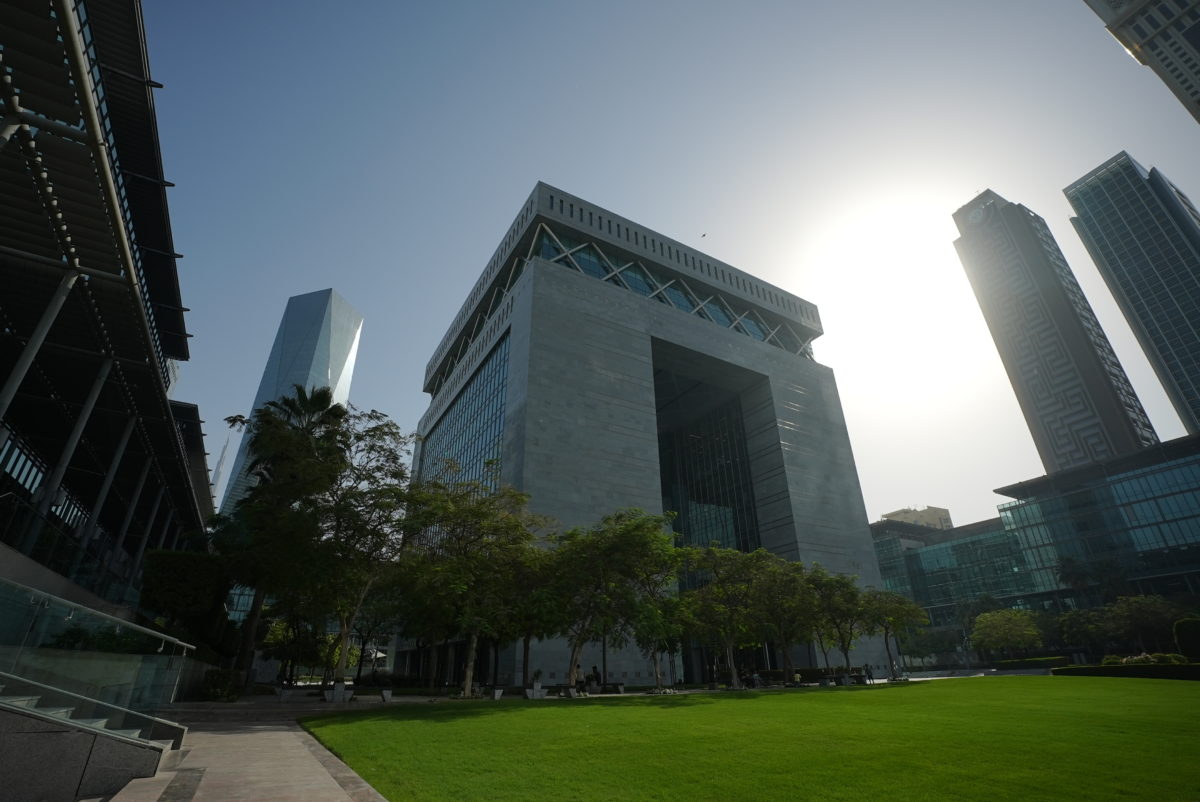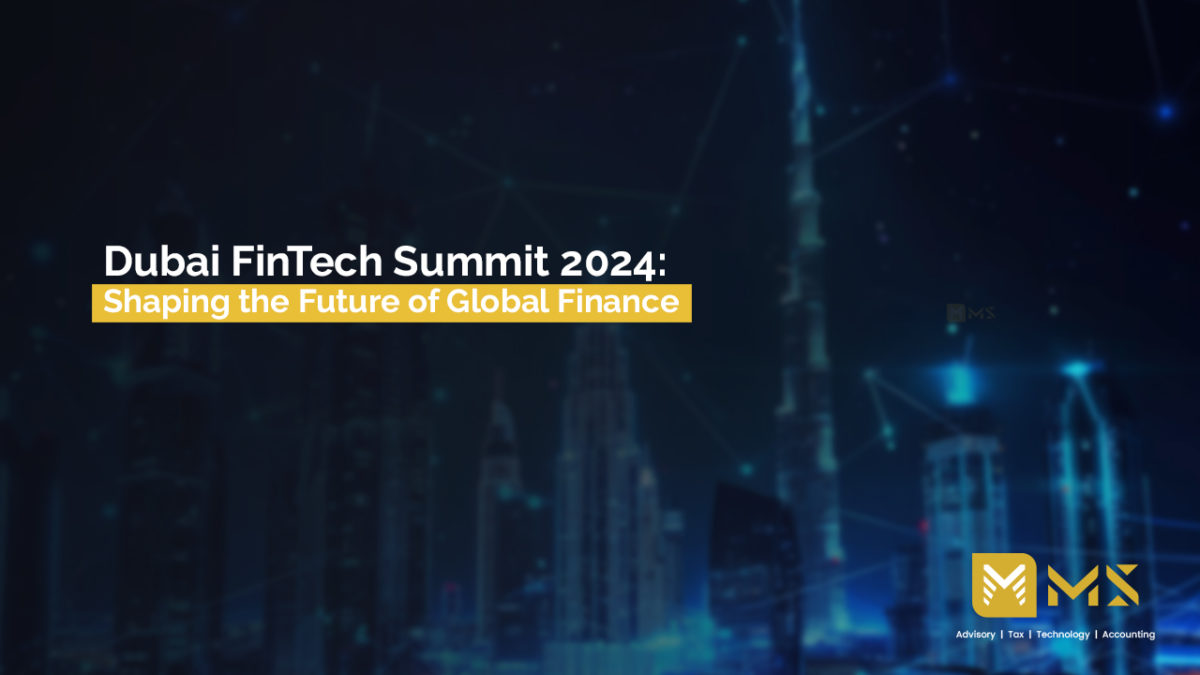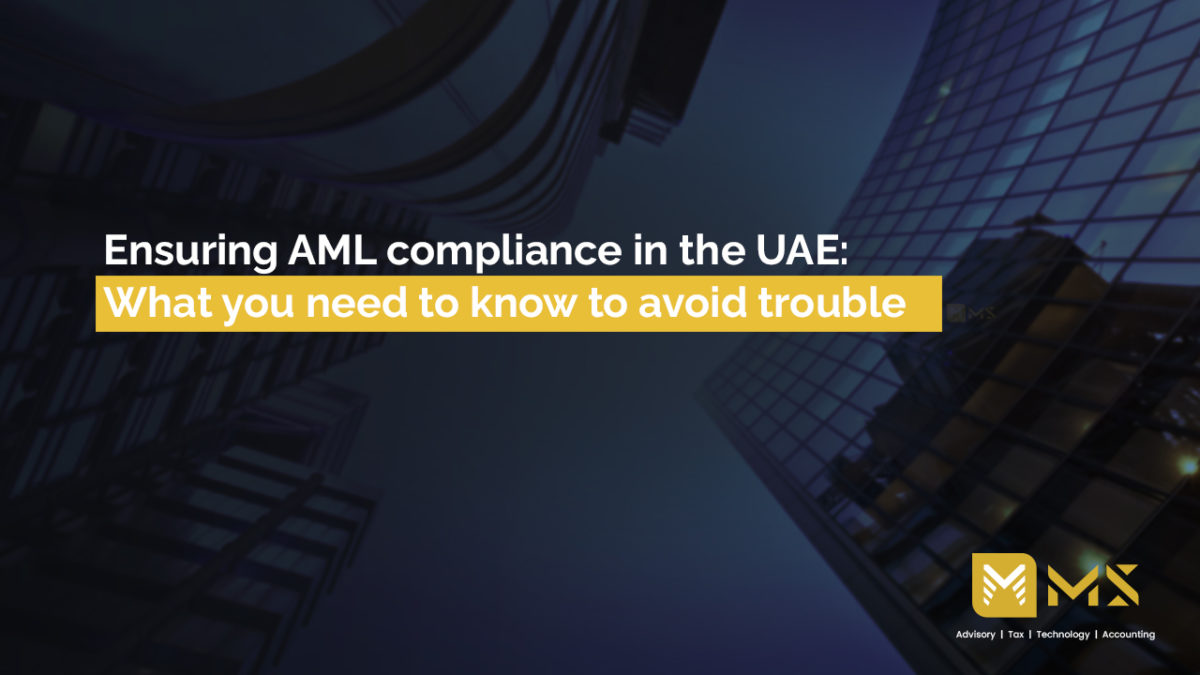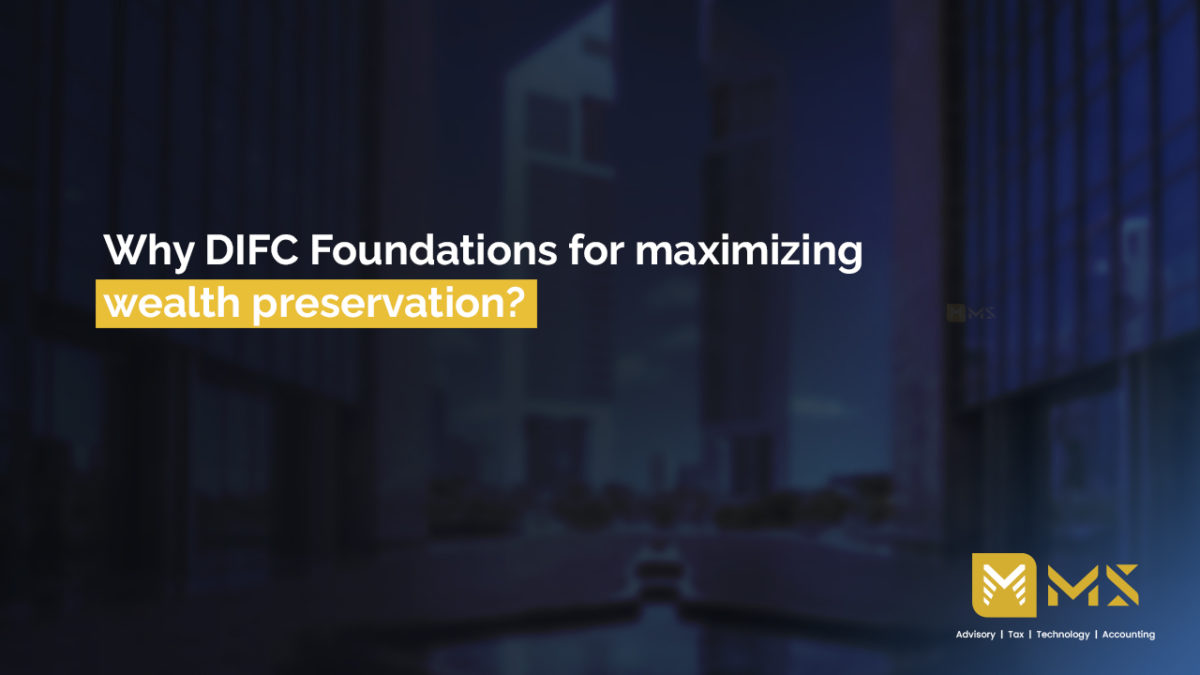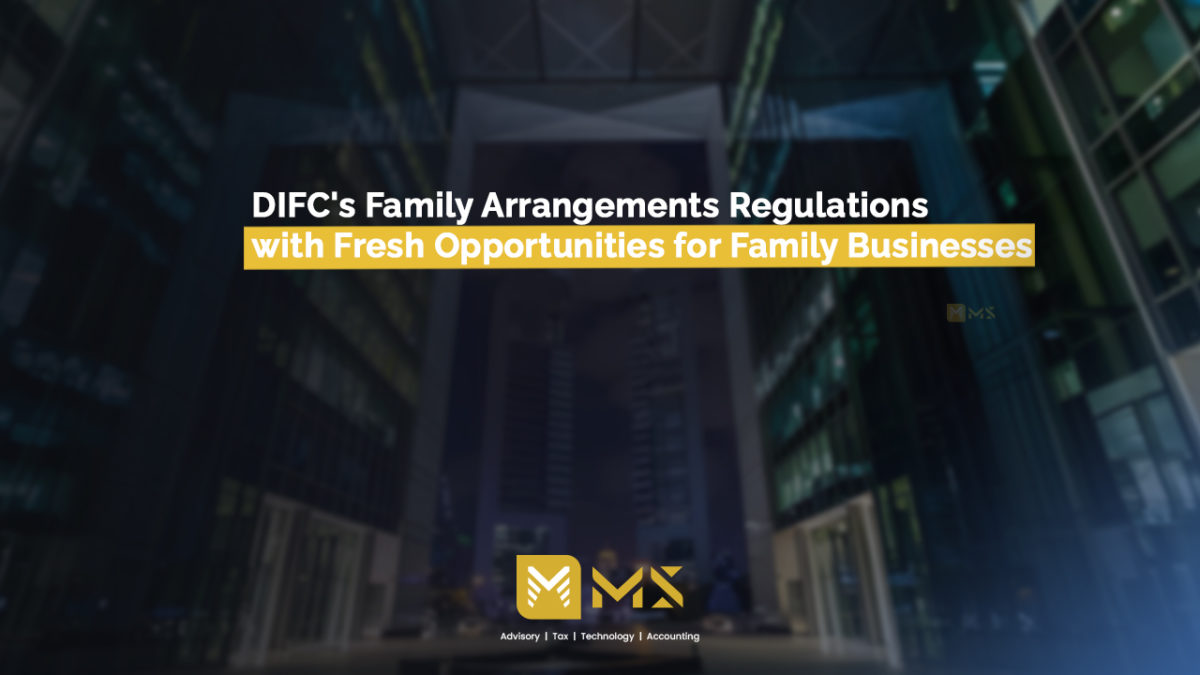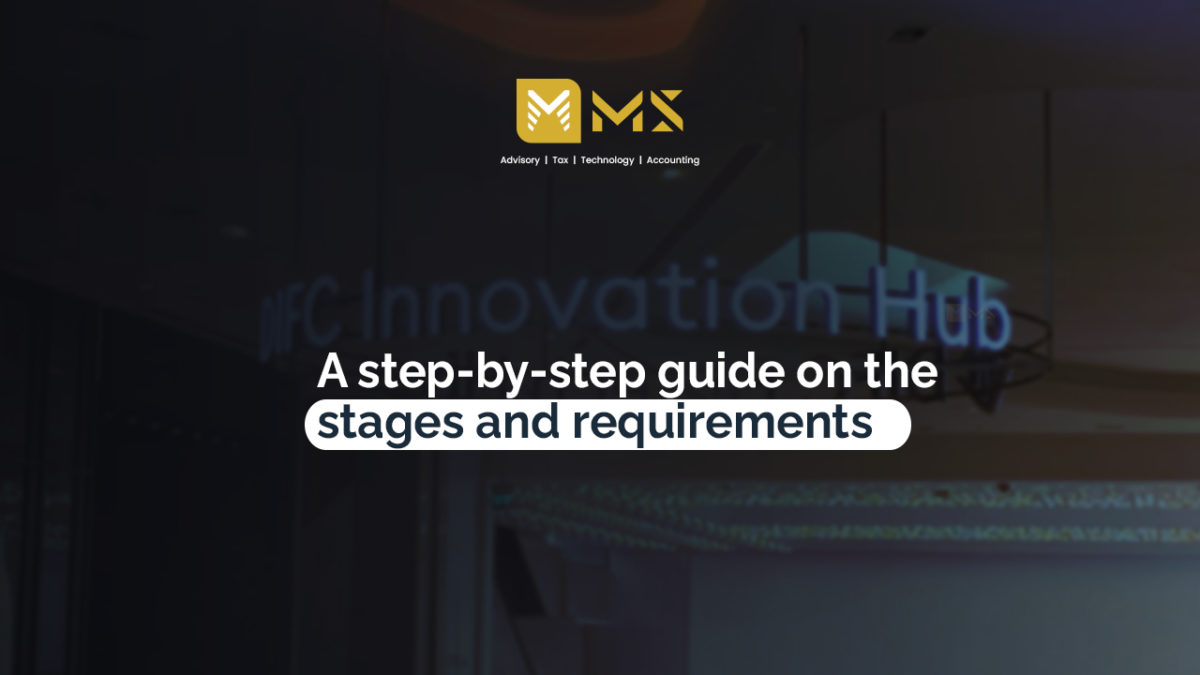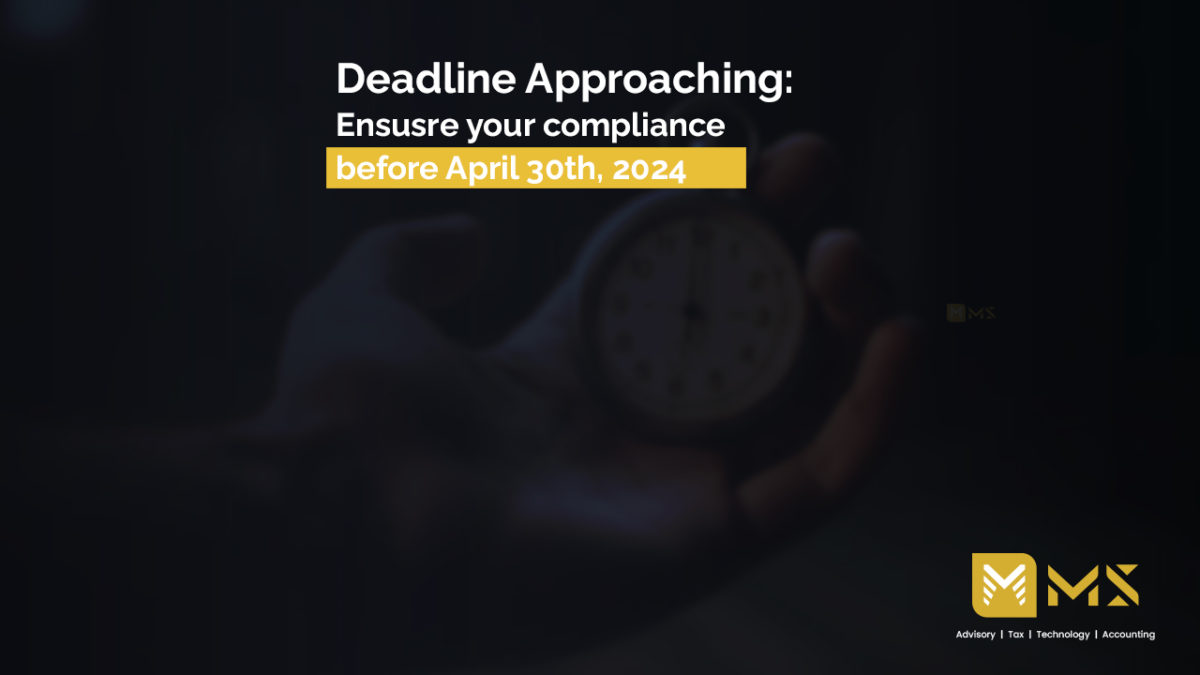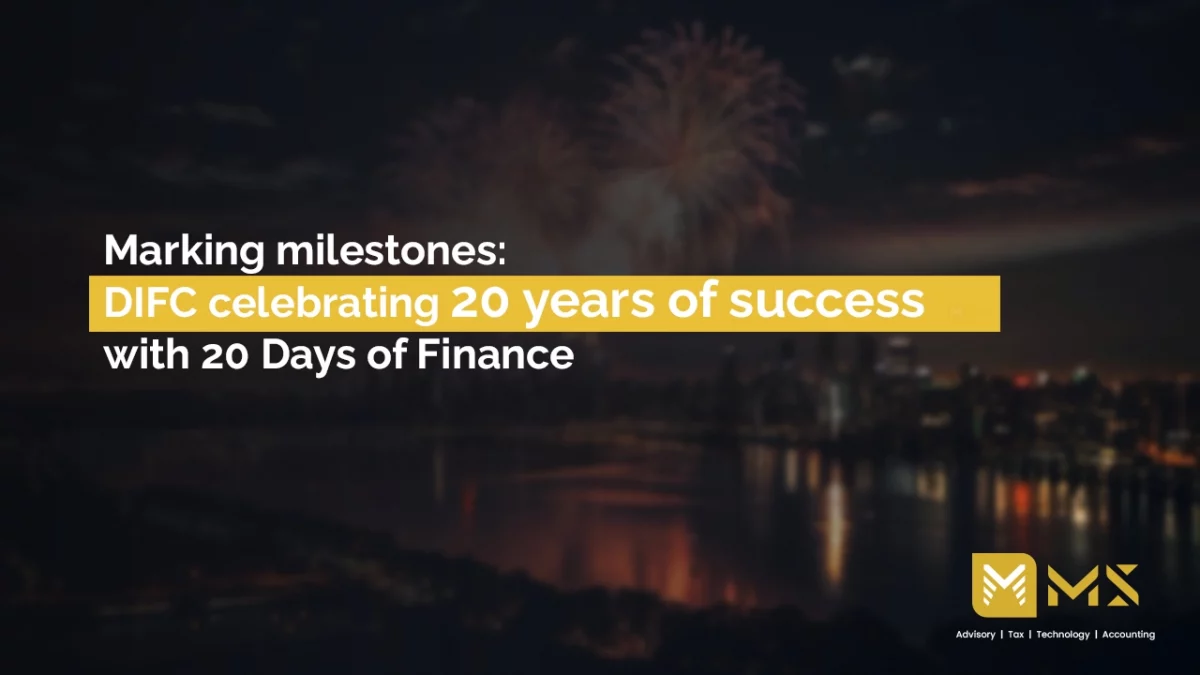The world of technology is constantly evolving, and Indian startups are at the forefront of this exciting journey. But for many, the dream of expanding their reach beyond India can be difficult. This is where the DIFC Innovation License steps in, offering a compelling opportunity for Indian software startups, FinTech firms, and other tech-driven enterprises to establish a global presence and foster innovation in a nurturing environment.
The DIFC acts as a strategic bridge, connecting Indian businesses to the vast and diverse markets of the Middle East, Africa, and South Asia (MEASA) region. This opens doors to a multitude of potential customers and collaboration opportunities to the Indian firms, accelerating your startup’s growth trajectory.
Why DIFC Tech Innovation License for Indian startups?
A haven for innovation: The DIFC goes beyond just providing a license; it fosters an entire ecosystem dedicated to nurturing innovation. Imagine a world with access to state-of-the-art co-working spaces, accelerator programs that provide valuable guidance and resources, and a network brimming with potential investors and collaborators. This supportive environment empowers Indian startups to refine their ideas, develop groundbreaking solutions, and thrive in a community that understands the language of innovation.
Testing grounds for bold ideas: The DIFC Innovation License understands that innovation thrives on experimentation. That’s why they offer the Innovation Testing License (ITL), a regulatory sandbox that allows startups to test their groundbreaking products and services in a controlled environment. This invaluable tool mitigates risks and provides crucial feedback before a full-scale launch, ensuring your product is market-ready and poised for success.
Strategic location, Limitless potential: Dubai’s strategic position as a global business hub is a major advantage offered by the DIFC Innovation License. With unparalleled connectivity to international markets, Indian tech startups and FinTech companies gain a significant edge in terms of business expansion and growth opportunities. Adding more to this, there is a access to AED 1 billion Dubai Future District Fund. Imagine the possibilities – efficient logistics, easy access to international talent, and the ability to tap into global resources and access to funding – all within your reach.
A thriving ecosystem for collaboration: Dubai isn’t just a business hub; it’s a vibrant ecosystem teeming with innovation and finance. By obtaining the DIFC Innovation License, Indian startups gain access to a network of potential investors, collaborators, and industry experts. Imagine a collaborative workspace where you can interact with other innovative companies, share ideas, and spark new breakthroughs. This shared environment fosters creativity, collaboration, and a sense of community, all essential ingredients for a thriving tech startup.
This opens doors to valuable mentorship, potential funding sources, and collaborative projects that can propel your startup to new heights.
Cost-effective launchpad for success: The DIFC Innovation License recognizes the financial constraints that many startups face. That’s why they offer a subsidized fee structure, making it significantly more affordable for Indian startups to establish a presence in Dubai. Lower registration fees, discounted visa costs, and access to co-working spaces all contribute to minimizing the financial burden, allowing you to focus your resources on what matters most – innovation and growth.
Mentorship and support for every step: The DIFC doesn’t just hand you a license and leave you to navigate the complexities of the business world. They provide ongoing mentorship and support to license holders. This expert guidance covers crucial aspects like product development, fundraising strategies, and effective business scaling. With this invaluable support system in place, Indian startups can navigate challenges with confidence and make informed decisions that propel them towards success.
Data security as top priority: In today’s digital age, data security is paramount. The DIFC understands this and has implemented robust data protection regulations. This ensures that Indian startups dealing with sensitive information can operate with peace of mind, knowing their data is safe and secure.
The DIFC Innovation License can be a comprehensive package designed to empower Indian tech startups to compete on a global scale through simple steps. From market access and a supportive ecosystem to cost-effectiveness and expert guidance, the DIFC offers everything you need to launch your innovative ideas onto the world stage. So, if you’re an Indian tech entrepreneur with dreams of global domination, the DIFC Innovation License might just be the key that unlocks your future success.
MS as your partner for availing DIFC tech innovation license
MS empowers tech startups in India to secure their DIFC Innovation License swiftly. Leveraging expertise in business strategy, compliance, and local regulations, we provide personalized advisory services to craft strong business plans meeting license criteria. MS also fosters collaboration and networking within the Dubai tech startup community, accelerating the licensing process and allowing startups to focus on innovation. Partnering with MS simplifies navigating DIFC requirements and unlocks the full potential of your Dubai tech venture.

